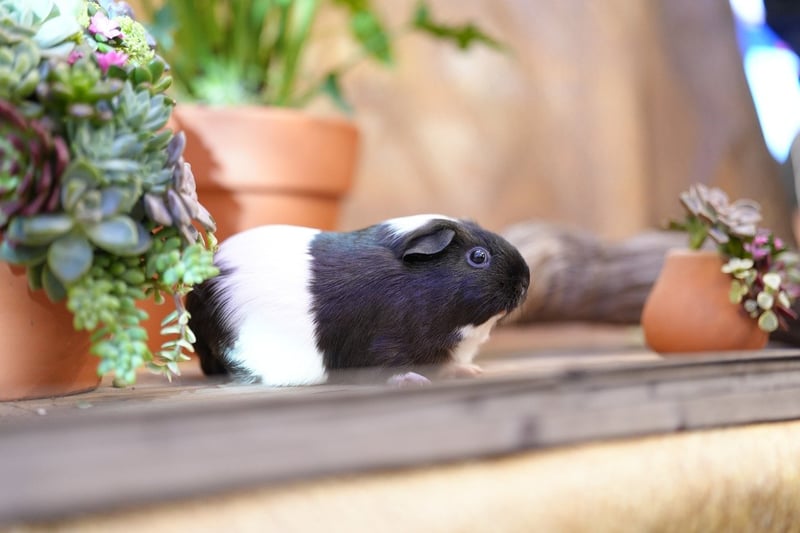Companion Planting
Protect Your Plants from Pests the Eco-Friendly Way + Companion Planting

Eco-Friendly Pest Control
Keeping your plants safe from pests is crucial for a thriving garden, but using harmful chemicals can have a negative impact on the environment and your health. Here are some eco-friendly ways to protect your plants:
1. Neem Oil
Neem oil is a natural insecticide that can help control pests like aphids, mites, and caterpillars. Mix it with water and a few drops of dish soap, then spray it on your plants to keep pests at bay.
2. Beneficial Insects
Encourage beneficial insects like ladybugs, lacewings, and praying mantises in your garden. These insects feed on pests and help maintain a natural balance in your garden.
3. Homemade Sprays
You can create homemade sprays using ingredients like garlic, chili peppers, and essential oils to deter pests from your plants. These sprays are safe for the environment and effective against many common garden pests.
Companion Planting
Companion planting is a gardening technique that involves planting different crops together to benefit each other. Here are some plant combinations that can help repel pests:
1. Marigolds and Tomatoes
Marigolds repel nematodes that attack tomato plants, making them excellent companions in the garden.
2. Basil and Tomatoes
Planting basil near tomatoes can help repel tomato hornworms and other tomato pests.
3. Nasturtiums and Cucumbers
Nasturtiums repel cucumber beetles, protecting your cucumber plants from damage.
By incorporating companion planting and eco-friendly pest control methods into your gardening routine, you can protect your plants from pests while promoting a healthy and sustainable garden.
